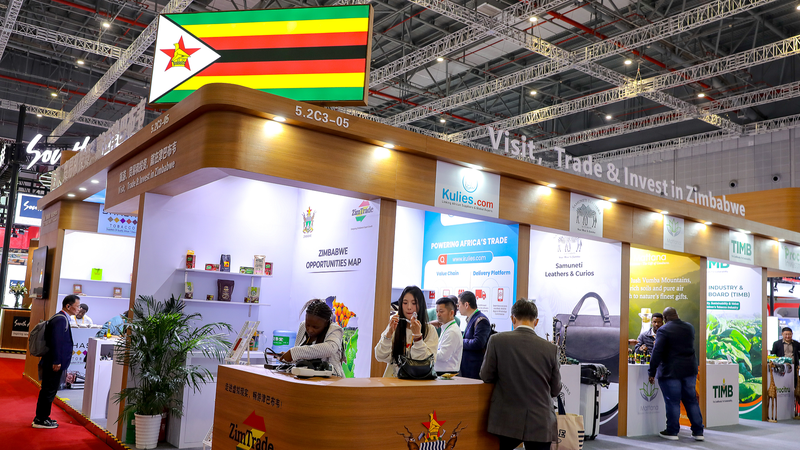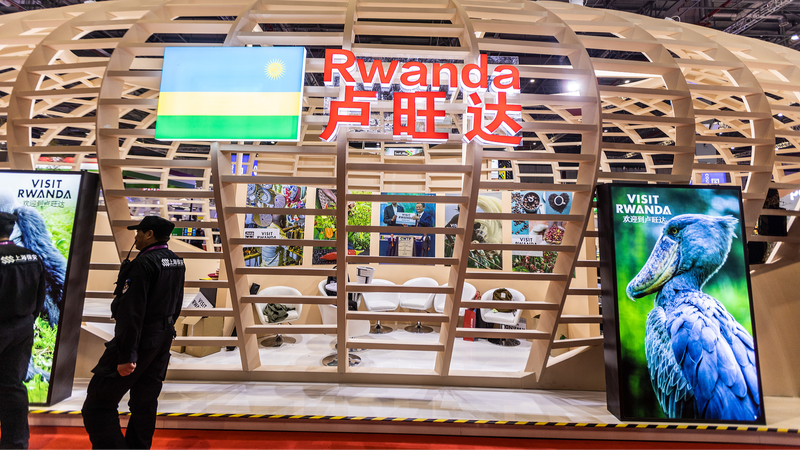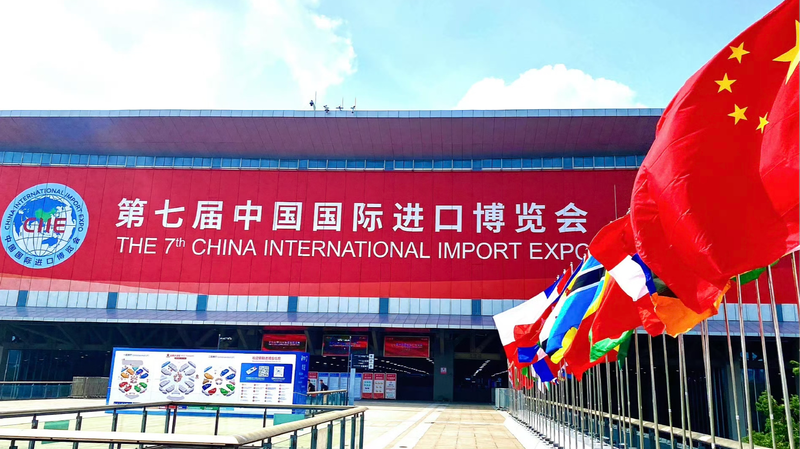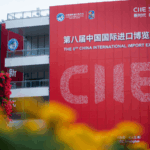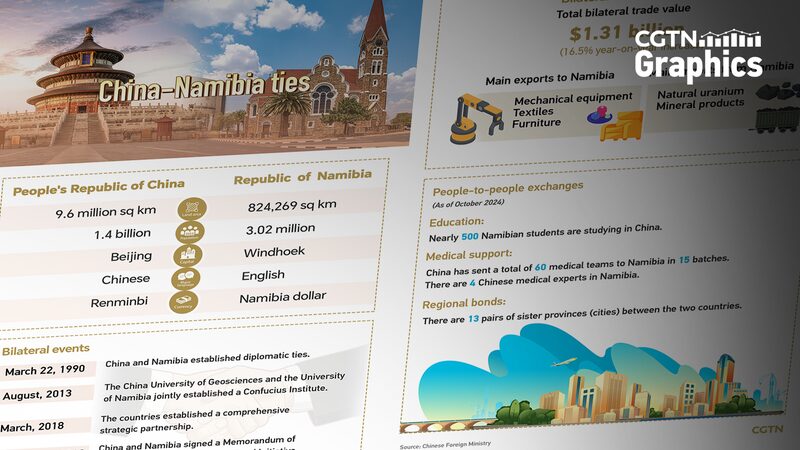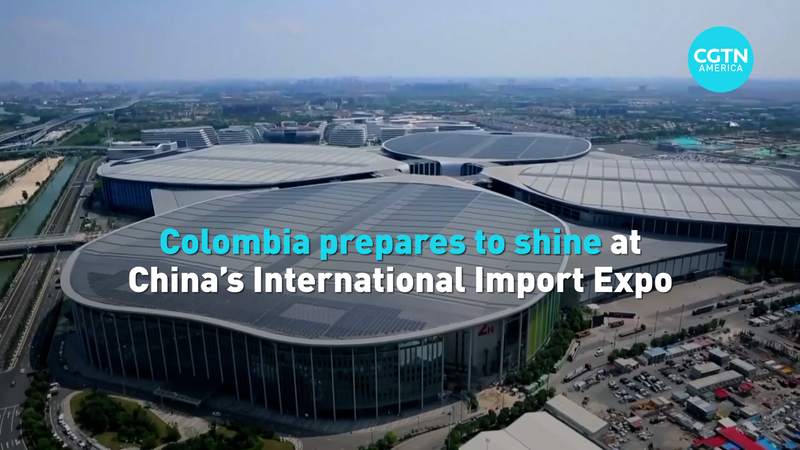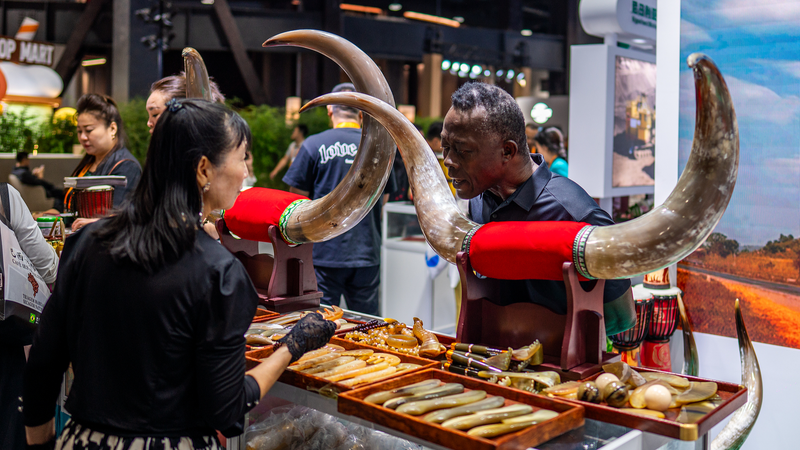The 8th China International Import Expo (CIIE) has emerged as a critical platform for Africa's economic ambitions, with 17 African countries participating in the Country Exhibition and an 80% surge in business participation compared to 2024. As China maintains its position as Africa's largest trading partner for 16 consecutive years, the expo's upgraded Africa-focused initiatives are reshaping commercial landscapes.
African Pavilion Highlights
Zimbabwe's Kupakwaishe Midzi revealed 15 companies are showcasing premium teas, leather goods, and crafts under the "Zimbabwe is open for business" banner. Rwanda's Michelle Umurungi highlighted strong Chinese consumer interest in East African coffee and honey, while Namibia's Maria Immanuel emphasized opportunities for micro-enterprises in horticulture and fisheries.
Zero-Tariff Policy Impact
The expo's special section for least-developed countries has enabled African producers to leverage duty-free access to China's 1.4 billion-consumer market. "This policy transforms competitiveness," said Midzi, noting Zimbabwe's efforts to meet Chinese quality standards. Immanuel added that alignment with the African Continental Free Trade Agreement could amplify continental manufacturing capabilities.
Emerging Opportunities
With Chinese firms accounting for 60% of Zimbabwe's foreign investment approvals in 2024, Midzi highlighted blueberry exports and mineral processing as key growth areas. Immanuel advocated for balanced goods-services trade, citing tourism and tech partnerships as underdeveloped sectors. Rwanda's Umurungi pointed to the expo's "New Era, Shared Future" theme as symbolic of deepening China-Africa interdependence.
As Zimbabwe finalizes blueberry export protocols and Namibia expands citrus shipments, CIIE 2025 demonstrates how tariff reforms and market access initiatives are creating new pathways for South-South cooperation.
Reference(s):
CIIE: Africa's gateway to growth, innovation and opportunity
cgtn.com
